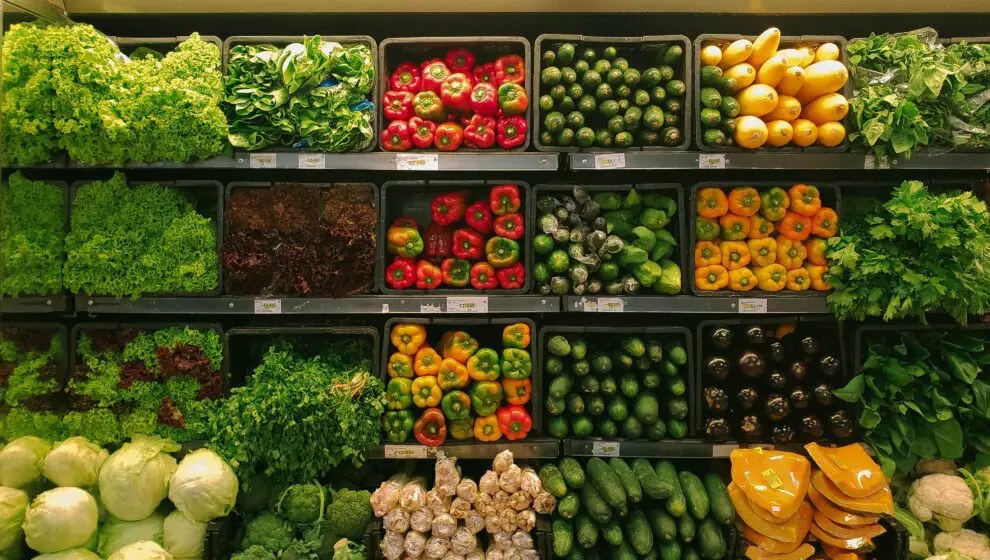A growing artificial intelligence (AI) startup is reducing hundreds of millions of tons of perishable food waste in grocery stores.
Key Details
- Grocery stores throw away an average of $28 billion in food waste annually due to low demand or products expiring before they can be purchased—roughly 5% to 6% of food.
- San Francisco-based Afresh is a startup that partners with 3,300 stores—including Albertsons, WinCo, and Save Mart—to reduce food waste with AI.
- It was launched in 2017 with $150 million in equity funding from Spark Capital, Insight Partners, and other venture capitalists.
- Afresh CEO Matt Schwartz tells Forbes, “We’re trying to have full shelves and an empty backroom when the next truck comes in.”
- The company claims to reduce waste by 40%, using AI to calculate demand, sale data, weather, holidays, and other facts that can affect food demand on a daily basis.
Why It’s Important
Afresh’s work is yet another successful notch for AI proponents, as the technology, which costs only a few hundred dollars per store to operate, has reportedly saved 43 million tons of food since it was rolled out. It expects to scale upwards to 100 million pounds of food per year in the future.
Major grocery stores have tried to reduce food waste yearly, particularly as profit margins tighten and food prices increase. However, the process of calculating demand for perishable food has always been a loose and difficult science. Store managers have generally had to guess how much to order to avoid leaving customers empty-handed while avoiding leaving fresh fruits and vegetables rotting on store shelves.
“Previously, produce ordering was a manual process, which meant stores were more likely to inaccurately estimate the type and amount of produce customers would buy,” Albertsons sustainability officer Suzanne Long tells Forbes.
Albertsons reports that using Afresh’s technology has resulted in the company changing the way it approaches ordering perishables—ordering smaller and more frequent orders of fresh fruits and vegetables. It has rolled the technology out in 2,200 stores as part of a company-wide goal of eliminating unnecessary food waste by 2030.
Minnesota-based chain Cub similarly reports that the technology allows stores to restock 7% faster and has boosted sales by 2.5% thanks to more consistently available stocks.
